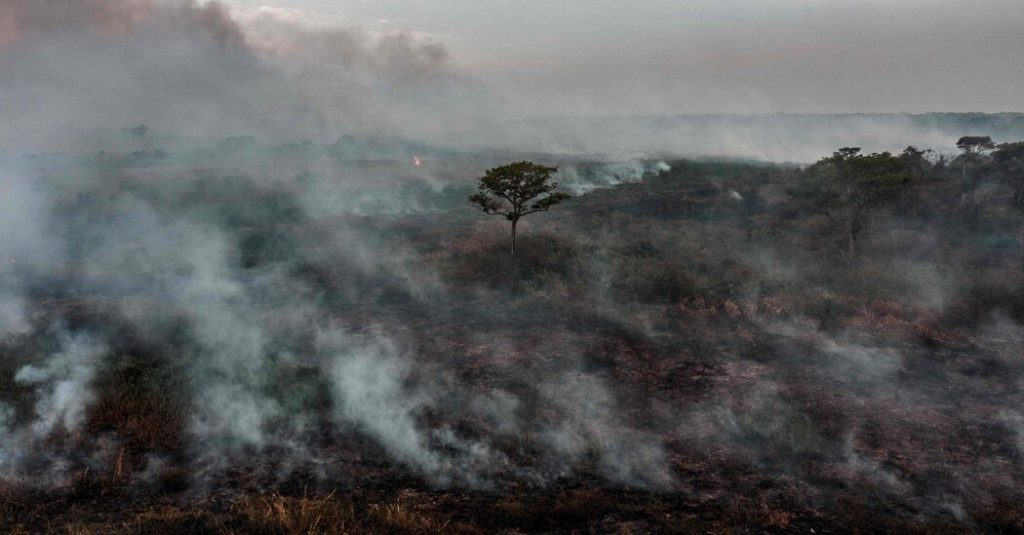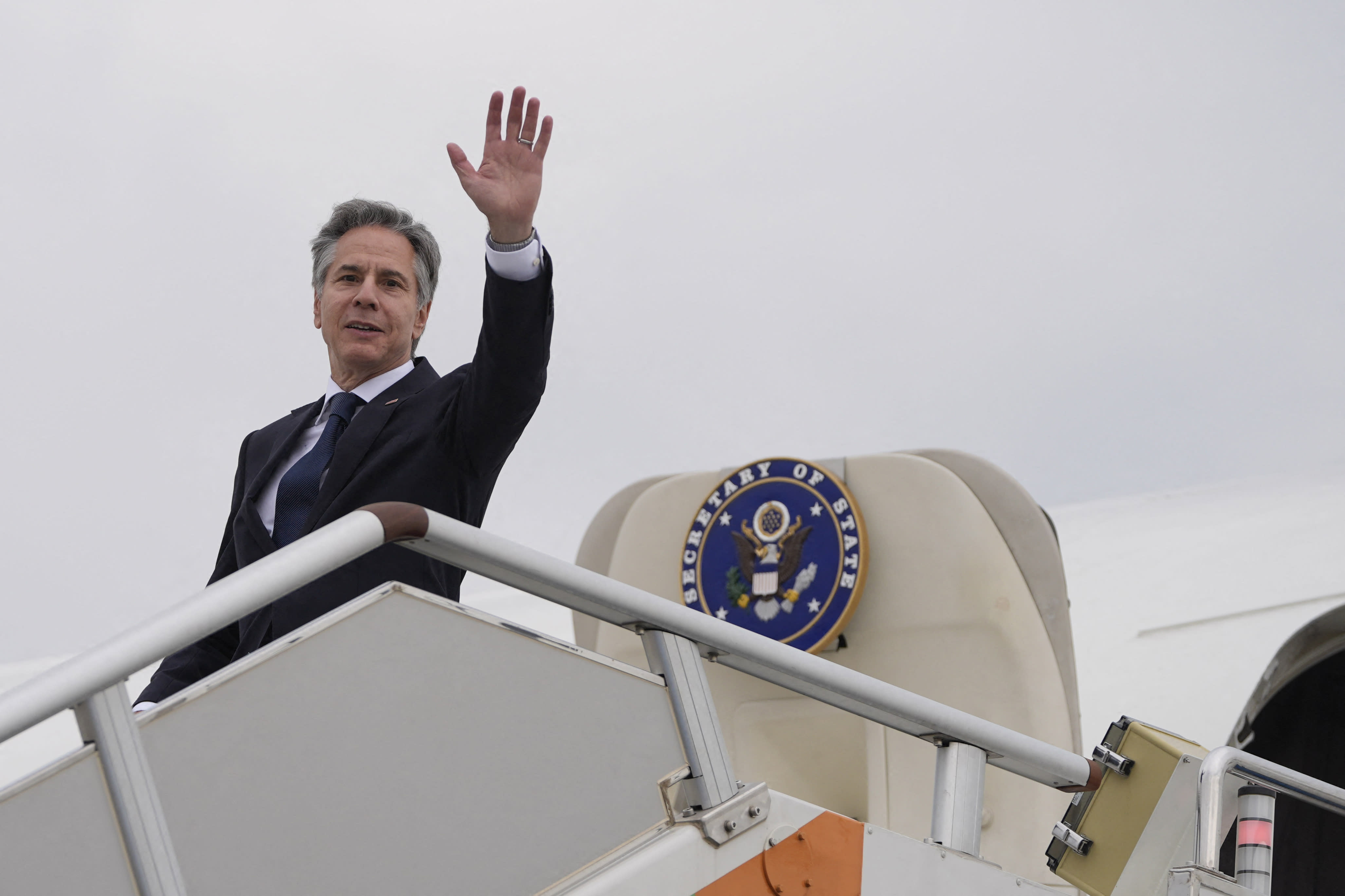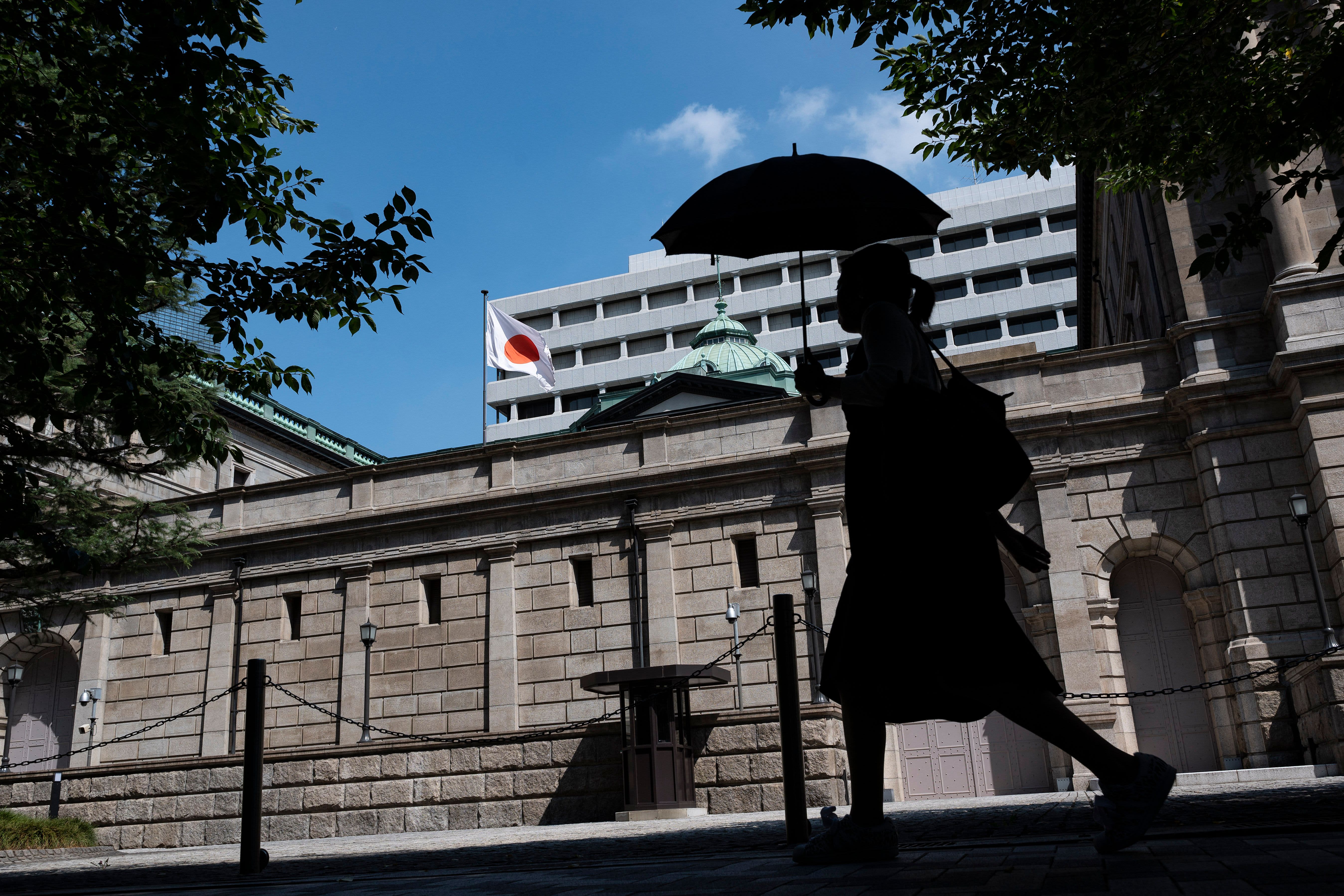
Halting deforestation was one of the key commitments out of international climate talks last year in Glasgow, but there was little evidence of progress in 2021, according to a report on Thursday.
The Annual Report by the World Resources Institute, a Washington, DC-based research group, found that tropical regions lost 9.3 million acres of old-growth primary forest in 2021. This resulted in 2.5 billion metric tons of carbon dioxide emissions, or about two and a half of what Passenger cars and light trucks emit it in the United States every year.
Brazil had by far the largest share of forest losses, accounting for more than 40 percent of the total, followed by the Democratic Republic of the Congo and Bolivia.
Last year’s total was an 11 percent drop from 2020, but it was equal to the amount lost in both 2018 and 2019.
Rod Taylor, global director of the institute’s global forest program, said the essentially flat rate of deforestation over the past four years has not been good for the “climate, extinction crisisand for the fate of many forest peoples.”
Most of the forest loss in the tropics is related to agriculture or other activities, such as mining. Forests are completely cut down and often burned, and these fires can get out of control, adding to the devastation.
In addition to adding greenhouse gases to the atmosphere, deforestation is destroying plant and animal habitats, degrading soils and affecting weather and flood patterns.
The situation has become so dire that at the United Nations climate talks in Glasgow last November, 141 countries, including Brazil and the Democratic Republic of the Congo, took part. Pledge to ‘stop and reverse’ deforestation by 2030.
Frances Seymour, senior fellow at the institute, said drastic steps would be needed to produce the consistent annual declines required to reach this goal.
“Perhaps the numbers we are sharing today can be taken as a baseline for assessing the effectiveness of the actions they are taking to follow up” on those pledges, she said.
There was some good news in the report, especially from Asia. In Indonesia, forest loss fell by a quarter from 2020, the fifth consecutive year that totals have fallen. Malaysia also saw a decline for the fifth year in a row, although the forest loss in 2021 was only slightly less than in 2020.
Since suffering from the forest and peat fires in 2016 that led to a significant loss of tree cover and its spread severe air pollution, Indonesia has put stricter regulations on the palm oil industry and others responsible for most of the losses. Companies have also been pressured to pledge to reduce deforestation.
“This indicates that business commitments and government actions are clearly working, and that Indonesia is heading in the right direction to meet some of its climate commitments,” said Hedaya Hamza, a senior director at the institute’s office in Indonesia.
Andika Putraitama, who also works in the Indonesia office, said the new law that could weaken environmental regulations in Indonesia is causing concern. He said that if the government fails to maintain appropriate preventive measures, companies will need to step up efforts to provide voluntary safeguards, such as an ethical supply chain movement that supports the use of sustainable materials.
Find out the latest news on climate change
In West Africa, Gabon and the Republic of the Congo showed a reduction in tree loss. But widespread deforestation continued in the Democratic Republic of the Congo, which lost 1.2 million acres, largely as a result of small-scale farming and charcoal production.
In Brazil, the loss of tree cover has increased dramatically in the western part of the Amazon Basin. This could be related to the development of roads and other infrastructure in the area, allowing mining and other deforestation activities.
A recent study showed that the Amazon, the largest tropical forest in the world, is less capable of this Recovering from disturbances such as drought and loggingand that at least part of the area is approaching the threshold where it will convert from forest to grassland.
“That would release enough carbon into the atmosphere to blast Paris Agreement targets directly out of the water,” Ms. Seymour said. The implication of all the report’s findings, she added, is that “we have to significantly reduce emissions from all sources.”
“No one should think anymore about planting trees instead of reducing emissions from fossil fuels,” she said. “It should be both, and it should be now before it’s too late.”
The report found that overall in the tropics, more than 27 million acres of forest cover were lost. But the institute focuses its analysis on ancient primary forests in wetlands, which play by far the largest role in keeping carbon dioxide out of the atmosphere and in maintaining biodiversity.
The report is a collaboration between the Institute and Analysis and discovery of global lands A laboratory at the University of Maryland, which has developed methods for analyzing satellite images to determine the extent of forest cover.

“Travel specialist. Typical social media scholar. Friend of animals everywhere. Freelance zombie ninja. Twitter buff.”

:quality(85)/cloudfront-us-east-1.images.arcpublishing.com/infobae/YA3OKI4R25L6DHRDBV4BZHGRZY.jpg)



More Stories
Xi is scheduled to meet US Secretary of State Antony Blinken in Beijing
José Andrés pays tribute to seven World Central Kitchen workers killed in Gaza
Collapse of the power-sharing agreement between the Scottish National Party and the Scottish Greens